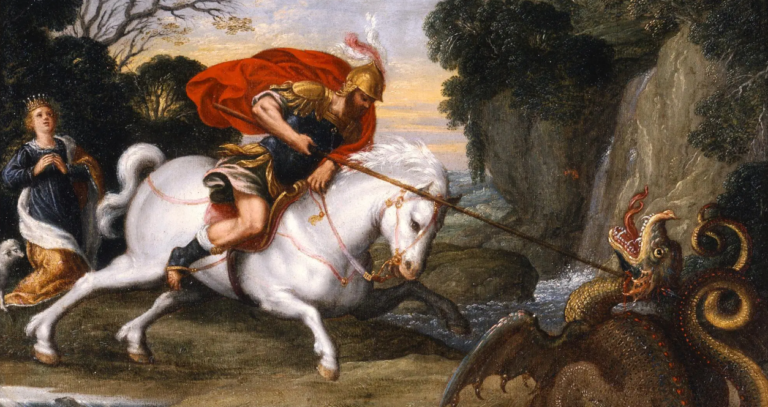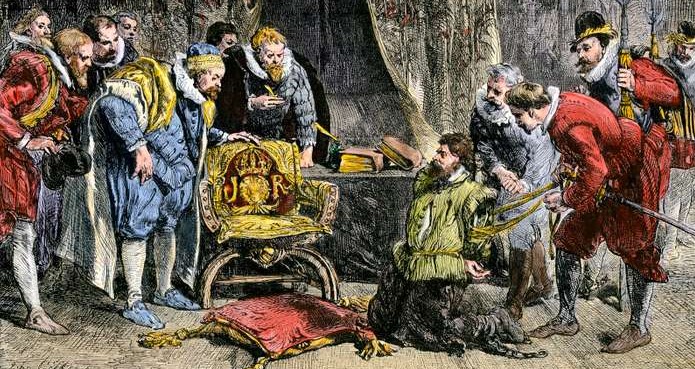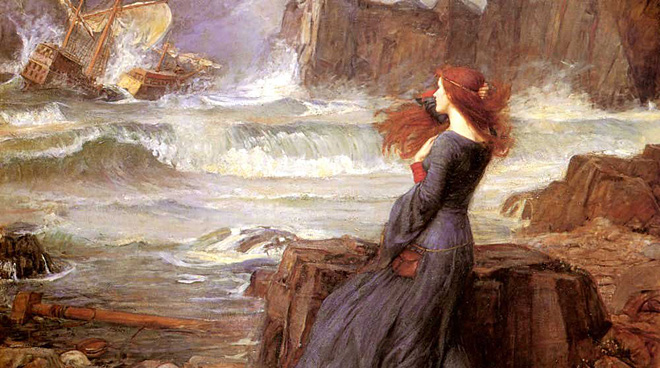No, Shakespeare Was Not Gay
There is something truly rotten in the state of Shakespeare criticism. Take, for instance, All is True, a recent film produced by Sony Pictures Classics, which shows Shakespeare as a homosexual. Such nonsense has its rotting roots in pride and prejudice, both of which need to be exposed so that we can clear Shakespeare’s name … Read more



